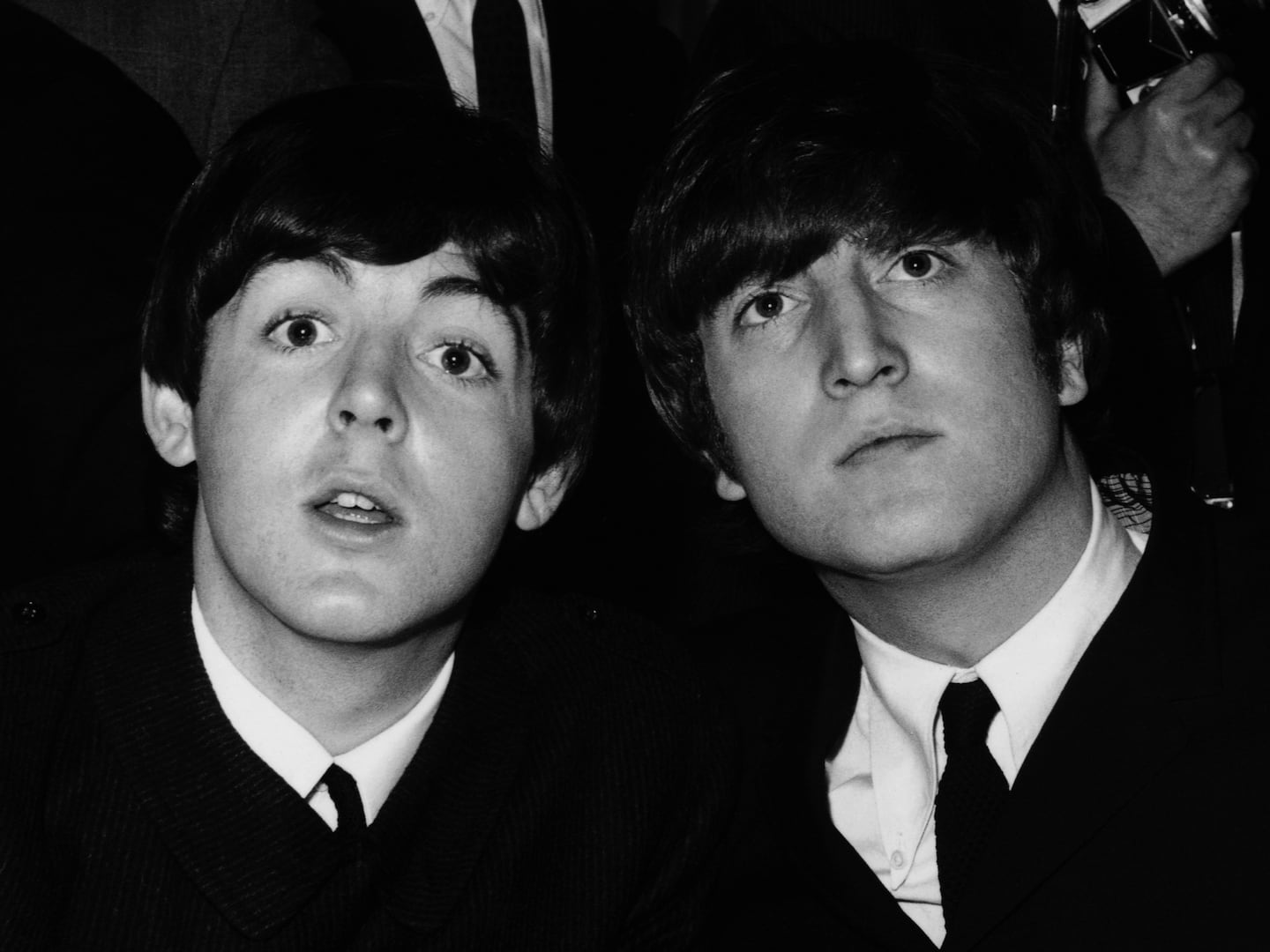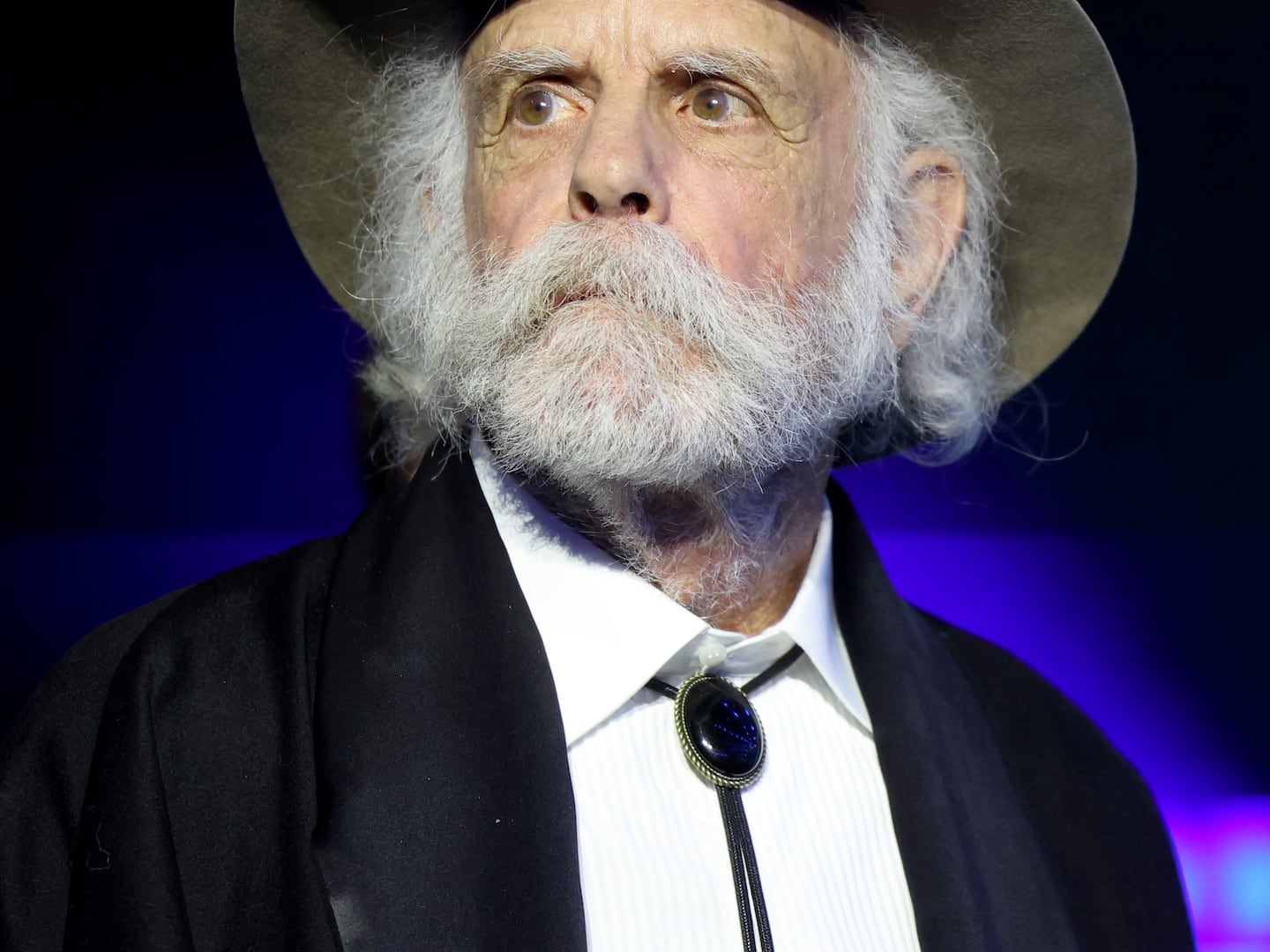Terry Gilliam’s 1981 fantasy classic Time Bandits owes its magical Monty Python-esque charm, humor, and spirit to its title characters: a gang of time-traveling little-people thieves who bicker, scheme, band together, and make bad jokes during the course of their era-spanning odyssey. Devoid of condescension or clichéd mockery, and infused with its protagonists’ distinctive personalities, it was—and remains—one of the preeminent modern big-screen platforms for little people.
Thus, to remake it without them is creatively nonsensical to the point of being outright offensive, since it both misses the entire reason for the original’s existence (and success) and denies actors of short stature some of the most notable roles they’ve ever been given. It’s akin to, say, redoing The Wizard of Oz or Charlie and the Chocolate Factory with, respectively, 6-feet-tall munchkins and Oompa Loompas. Except that in this case, it’s more objectionable, considering that unlike those supporting parts, the Time Bandits—funny, roguish, clever, and brave—are the heroes of their story.
Yet leave it to Taika Waititi, he of the eternally noxious Jojo Rabbit, to do the one thing that should not be done.
Time Bandits, a 10-episode Apple TV+ series (July 24) created by Waititi and his What We Do in the Shadows partner Jemaine Clement, reimagines its diminutive robbers with average-sized stars led by Lisa Kudrow, and the effect is so immediately wrong that the show never recovers from this initial mistake. Anyone who’s ever felt even a hint of fondness for Gilliam’s saga is apt to instantly balk at such a fundamentally wrong-headed idea, which drains the proceedings of its inherent comedic energy. Worse, however, is that even if this grave misstep is set aside, Waititi and Clement’s affair distends and doubles back on itself to zero appreciable end, in the process squandering a Kal-El Tuck performance that deserves a project superior to this ill-advised slog.
With the same basic premise as its predecessor, Time Bandits concerns Kevin (Tuck), a contemporary 11-year-old who lives in the English town of Bingley with a mom (Felicity Ward) and dad (James Dryden) who don’t understand his nerdy love of history. Kevin’s intellectual curiosity and motormouthed desire to recount facts about everything and anything make him an outcast in smartphone-obsessed 2024. When he’s miraculously visited by Viking and Saxon warriors via his bedroom cupboard one evening, his parents dismiss it as just another of his stuck-in-the-past fantasies. The following night, he receives additional unexpected guests: a group of ragtag thieves who are being pursued by a giant quasi-Zardoz head known as the Supreme Being that, upon appearing, compels everyone, including Kevin, to hastily flee through a portal that drops them on an 1810 Chinese pirate ship.
Though they repeatedly claim to be a leaderless collective, the Time Bandits are guided by Penelope (Kudrow), and they also include navigator Widgit (Roger Jean Nsengiyumva), strongman Bittelig (Rune Temte), empath Judy (Charlyne Yi), and actor Alto (Tadhg Murphy). In short order, Time Bandits reveals that these goofy scoundrels used to work as shrubbery designers for the architect of creation, the Supreme Being (played, in human form, by Waititi, of course), but they stole his most powerful possession: a map that allows people to travel anywhere in time. They’re using this chart to steal precious artifacts while avoiding being captured by their old boss as well as Pure Evil (Clement), a demonic baddie who wants it for nefarious purposes. Unfortunately, however, they’re incompetent, and that spells trouble for Kevin, since they can’t figure out how to get him home.
Kevin and his band of merry burglars are soon hopscotching through the ages, making stops at Troy, Stonehenge, and ancient Egypt to partake in hijinks with Cassandra (Zoë Ventoura), the Earl of Sandwich, and other figures who—unlike in Gilliam’s feature—are not played by big-screen luminaries such as Sean Connery, Shelley Duvall, and John Cleese. There isn’t a single amusing concept or witty line to be found in these 10 installments. Instead, Waititi and Clement pad the material with banter that vainly strives to delineate the Bandits from each other. The problem is that despite their different professions and motivations (for example, Penelope occasionally refers to an ex-fiancé, and they all mention a recently deceased comrade), these Bandits are equally airheaded and inept, meaning that every joke sounds—and lands—exactly the same.
Gilliam’s Time Bandits routinely played off the contrast between its little-people Bandits and their adolescent charge, but Waititi and Clement’s version replaces that with merely pedestrian hustle and bustle from one famous locale to another. This is an essential error, and one compounded by the fact that the series never bothers to cast its Bandits as anything more than generic buffoons without a single interesting (much less hysterical) trait. Kudrow suffers the most in this regard, if only because she’s front and center. Tuck is the sole player who acquits himself adequately, exhibiting a likable know-it-all attitude that’s at once snarky and sweet; in a better project, he could really shine.
Alas, this is not that undertaking. Time Bandits scampers about in search of a scenario that might elicit even a wan smile, only to come up with situations and skirmishes that strain one’s patience to interminable lengths. At a certain juncture, Kevin and company find themselves torn between trying to evade the Supreme Being as well as a demon huntress named Fianna (Rachel House), and attempting to save Kevin’s parents—a mission that involves a partnership with Kevin’s sister Saffron (Kiera Thompson), who’s also journeying through time. More clutter does not, unsurprisingly, beget more laughs, and the closer it draws to its protracted conclusion, the more tedious the show becomes.
Of all Time Bandits’ many faux pas, perhaps the most egregious is casting a collection of little people in forgettable peripheral roles—thereby indicating that Waititi knows such men and women can be charismatic presences, and yet willfully sidelines them in favor of hammy average-sized lead alternatives. It may not be as attention-grabbing as the writer/director’s prior decision to make Hitler cute and cuddly in a happily-ever-after remix of Anne Frank’s tragic story, but by demoting such artists to bit players in an adaptation of the rare film to do right by them, it proves a blunder of historic proportions.








